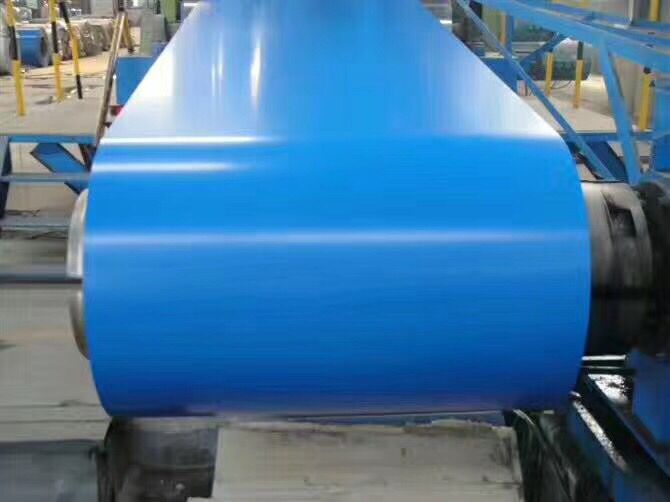The color difference of the coating is caused by the difference between the hue-brightness-color of the painted film and the hue-brightness-color of the standard board or the whole vehicle.
Factors affecting the color difference of the coating
1. Coating thickness
The thickness of the coating is closely related to the application environment. Factors such as the color of the substrate and the gloss change of the paint due to the thickness change must be fully considered in the paint toning and even the coating process.
2. Solvent evaporation rate
The volatilization of the solvent affects the surface leveling, gloss, and directional arrangement of the pigments and fillers of the coating, and then affects the hue of the color.
3. Hydrophilicity of the solvent
In a high-humidity environment, if a drastic temperature change is involved, during the solvent volatilization process, the coating surface will have a temperature difference due to the solvent volatilization, resulting in a thin layer of water mist on the coating surface, causing the coating to whiten and produce color differences.
4. Uniformity of coating
Different pigments have different effects on the color saturation due to the adjustment; the same color is easy to produce stains on the surface of the same board due to different construction methods, different operating habits and other factors, such as the thickness difference between different boards. These factors The resulting chromatic aberration can only be overcome by operating procedures or proficiency.
The standard of coating color difference
The CA (Chromatic Aberration) value is used to measure the color difference level of the image. The lower the value, the better the quality.
Post time: Jan-18-2022

